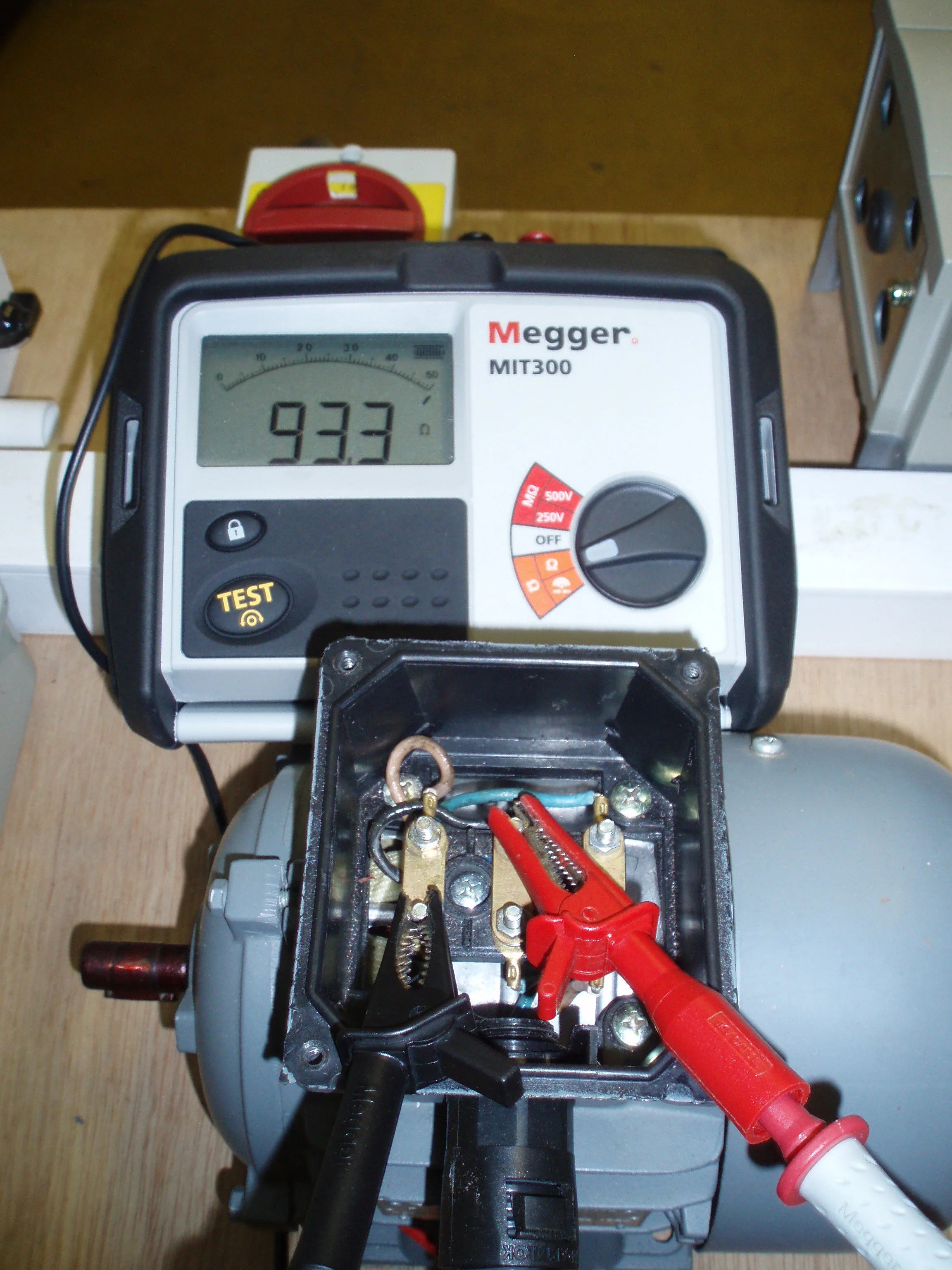About Mechanical to Electrical Part 3
The Mechanical to Electrical – Part 3 programme builds confidence in fault finding and fixing within a wide range of electrical systems. Technicians will build on their electrical knowledge gained in previous modules so they can understand how to read drawings, successfully find faults and how to test and connect control devices.
The Mechanical to Electrical Programme is also available as an on-site, cost-effective alternative to our regular public training courses held at our training centre in Reading.
Is it right for me?
The Mechanical to Electrical - Part 3 builds on the knowledge gained in Parts 1 and 2. Technicians will broaden their knowledge base and successfully be able to complete a wider range of tasks involving electrical systems.
What will I learn?
Health and Safety
Relevant parts of BS7671 IET Wiring Regulations and Electricity at Work Regulations
Visual inspection and testing and interpretation of results
Use of test instruments: continuity, insulation resistance, earth loop impedance and RCD testers
Fault finding on a.c. motors and starters
Control of a.c. motor systems
Factors affecting cable selection
Connect a simple relay unit to control remote loads
Use of instruments
Connect and test a range of control devices including proximity sensors and limit switches
Location of faults on three phase systems
Reading electrical drawings
Theory to support the practical activities listed above
The benefits?
Motivation and development of staff
Improved staff retention
Formal targeted training with direction and focused on business need
Encouragement of teamwork through coach and assessor communicating more with opposite trade
Re-focused training budget
SOPs and training packages are written around business need
Improved productivity as downtime is reduced due to increased skills base
Cross-cover of skills in event of absenteeism, sickness etc.
Nationally recognised qualifications where appropriate; skills are validated
Training records meet and exceed those required by HSE etc.




